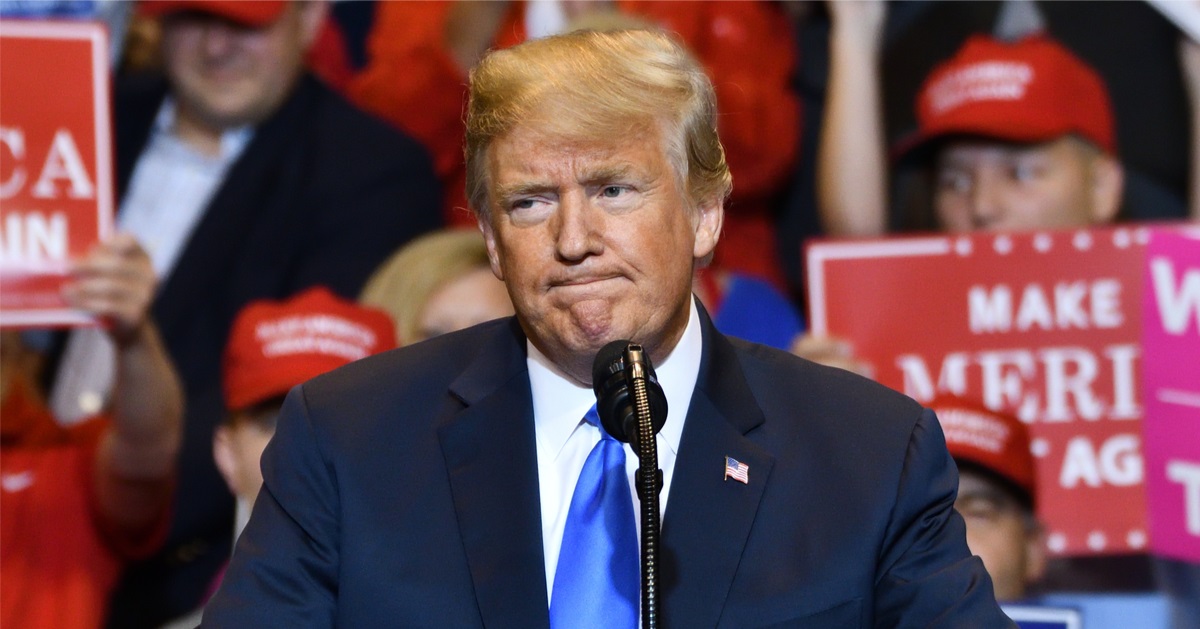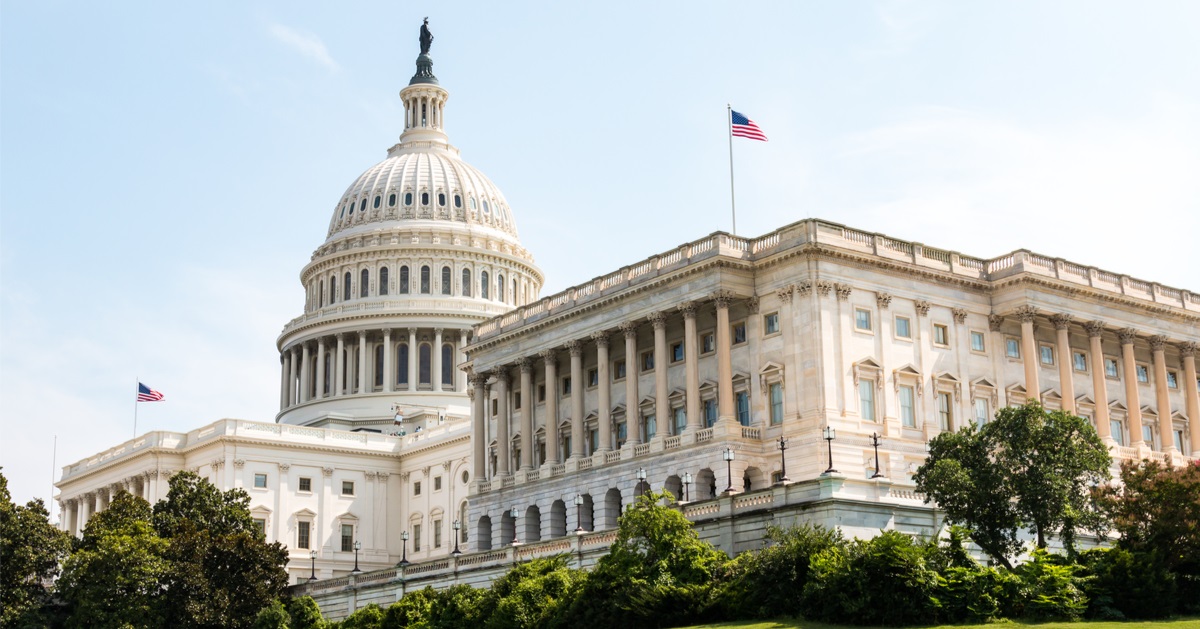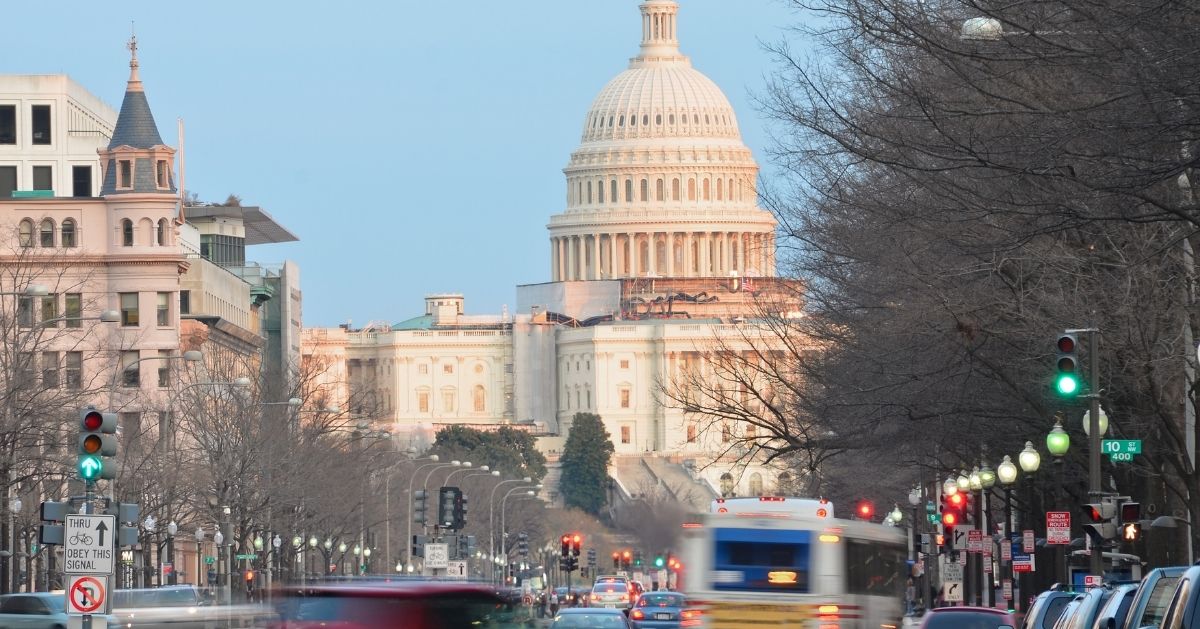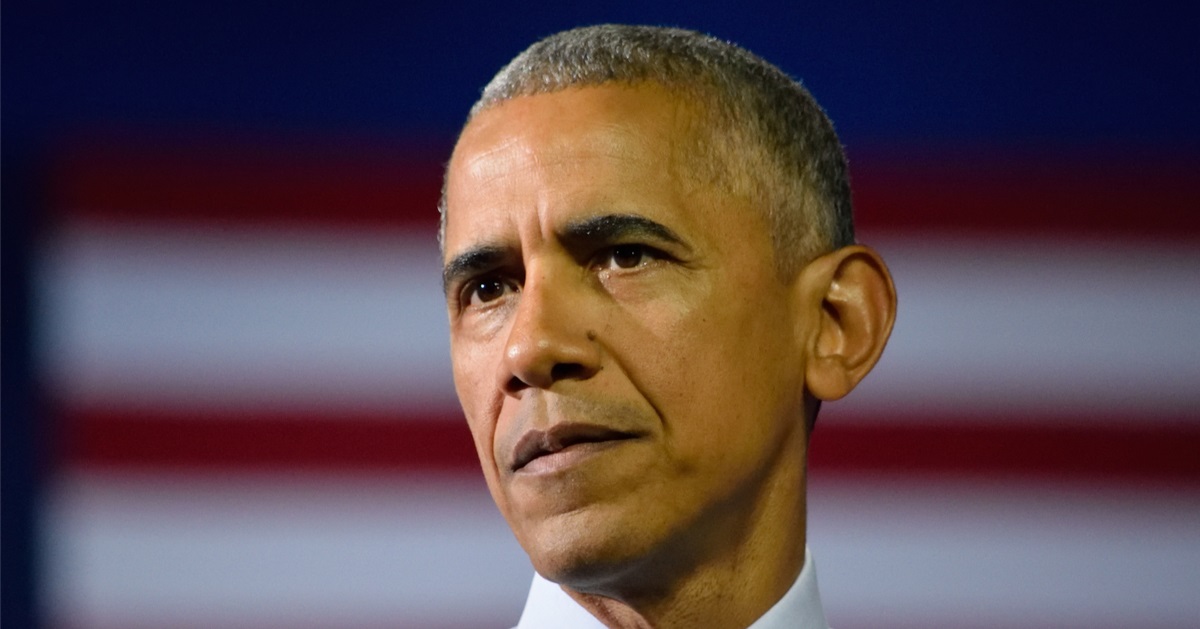Federal judge blocks Trump policy on domestic violence funding
Hold onto your hats, folks—a federal judge just threw a wrench into the Trump administration’s latest attempt to tighten the reins on domestic violence grants.
In a ruling out of Providence, Rhode Island, U.S. District Court Judge Melissa DuBose slapped down new conditions on federal funding for anti-domestic violence programs, halting restrictions on diversity initiatives and abortion-related resources while a lawsuit plays out, the Associated Press reported.
This saga kicked off with a lawsuit filed in July by 17 statewide coalitions fighting domestic and sexual violence, claiming the administration’s rules overstep federal authority and trample on free speech rights under the First Amendment.
Judge Halts Controversial Grant Restrictions Nationwide
These advocacy groups argued that the Trump policy would force them to ditch key outreach efforts or risk losing critical funds under the Violence Against Women Act of 1994. Without this money, they warn, shelters for battered women and rape crisis centers could shutter, leaving vulnerable folks high and dry.
On Friday, Judge DuBose sided with the plaintiffs, issuing a preliminary injunction that stops the administration from enforcing these conditions on grants from the Department of Housing and Urban Development (HUD) and the Department of Health and Human Services (HHS). The ruling isn’t just a win for the coalitions—it applies nationwide to anyone seeking these funds.
Judge DuBose didn’t mince words, stating, “Without preliminary relief, the Plaintiffs will face irreparable harm that will disrupt vital services to victims of homelessness and domestic and sexual violence.” Well, that’s a noble sentiment, but one wonders if this injunction might also disrupt the government’s ability to set reasonable boundaries on how taxpayer dollars are spent.
Advocacy Groups Cheer, Government Stays Silent
The judge further noted, “On the contrary, if preliminary relief is granted, the Defendants will merely need to revert back to considering grant applications and awarding funds as they normally would.” It sounds like a simple reset, but isn’t this just kicking the can down the road while deeper policy questions linger unanswered?
The advocacy side was quick to celebrate, with Skye Perryman, president and CEO of Democracy Forward, declaring, “Organizations serving survivors of domestic violence and sexual assault, LGBTQ+ youth, and people experiencing homelessness should not be forced to abandon their work, erase the identities of those they serve, or compromise their values just to keep their doors open.” While the passion for protecting services is clear, this framing sidesteps whether federal funds should bankroll every ideological stance under the sun.
Perryman also argued, “This unlawful and harmful policy puts extreme schemes ahead of people’s dignity and safety by restricting essential federal support.” That’s a heavy charge, but let’s be real—shouldn’t there be some guardrails on how these grants are used, especially when they come from taxpayers who might not align with every progressive cause?
Government Defends Long-Standing Funding Rules
On the flip side, the government insisted in court documents that both HUD and HHS have historically tied funding to compliance with federal antidiscrimination laws. They argue this isn’t a new overreach but a continuation of standard practice to ensure fairness.
The administration also pushed back on the venue, suggesting the case belongs in the Court of Federal Claims rather than a district court. It’s a procedural jab, but it raises a fair point—shouldn’t funding disputes follow the proper legal track?
Curiously, neither HUD nor HHS offered a peep in response to the ruling, leaving us to wonder if they’re regrouping or just staying mum for now. Silence from the feds often speaks louder than words, doesn’t it?
Broader Implications of the Court Battle
This isn’t the first courtroom skirmish for these advocacy groups, as another Rhode Island judge issued a similar injunction in August against the Justice Department over related funding disputes. It seems the battle over how federal dollars are doled out is becoming a recurring theme, and one worth watching closely.
At its core, this fight pits the Trump administration’s push for tighter control over grant conditions against advocacy groups who see these rules as a direct attack on their mission. While protecting victims of violence is a cause we can all rally behind, the question remains—where’s the line between federal oversight and ideological overreach?
Ultimately, Judge DuBose’s injunction keeps the status quo for now, ensuring funds flow without the new strings attached. But as this lawsuit grinds on, expect more sparks to fly over who gets to define the rules of the game. And in a nation as divided as ours, that’s a debate that’s anything but simple.






